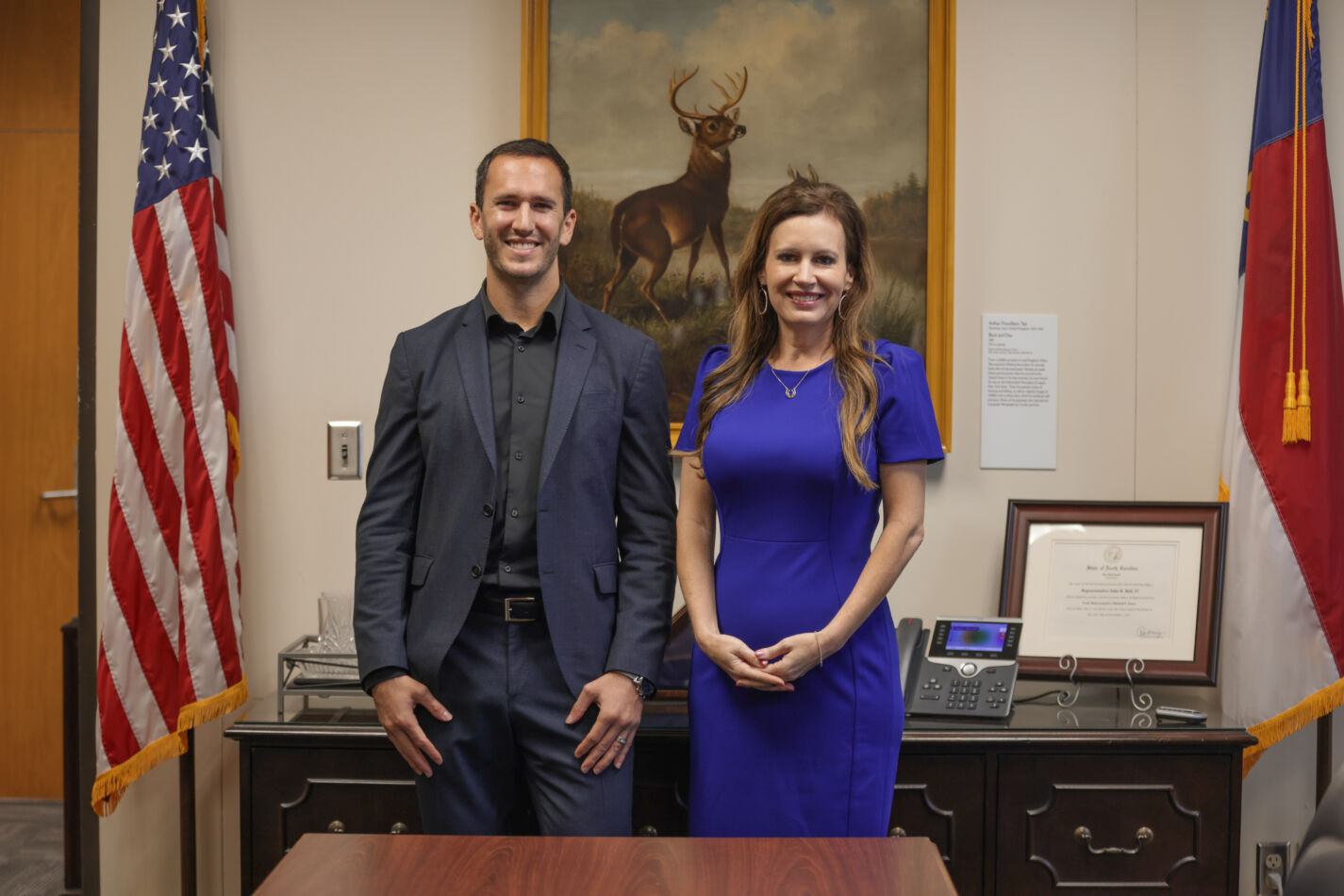- "Through his partisan temper tantrums, it's clear that Roy Cooper isn't handling being a lame duck governor very well," said Sen. Thom Tillis, R-NC.
Since Monday, criticism of North Carolina Gov. Roy Cooper has escalated after his decision to formally declare a state of emergency over an education bill with which he disagrees.
Cooper, a longtime opponent of school choice, released a video statement Monday declaring a “State of Emergency.” However, the governor said he would not be filing an executive order to go along with it.
Cooper’s political stunt comes days after U.S. Supreme Court Justice Neil Gorsuch issued a warning for officials “addicted to emergency decrees.”
Nikki Haley
After Cooper’s declaration, U.S. presidential candidate Nikki Haley implied that the state of emergency was not legitimate.
The real “state of emergency” is what liberals did to our children’s education over the past 3 years. https://t.co/tPsIaLcKxP
— Nikki Haley (@NikkiHaley) May 22, 2023
Influential conservative commentator, Ben Shapiro, shared Haley’s post.
Thom Tillis
U.S. Senator Thom Tillis, R-NC, released a scorching statement about Cooper’s antics on Wednesday.
“Through his partisan temper tantrums, it’s clear that Roy Cooper isn’t handling being a lame duck governor very well,” Tillis said. “Governor Cooper created a phony state of emergency in a desperate attempt to block bipartisan, fiscally responsible legislation that will cut taxes for hardworking families, provide pay raises for teachers, more educational opportunities for students, and fund Medicaid expansion.”
Tillis went on to compare Cooper’s “ultra-partisan theatrics” to President Biden’s “chaotic mishandling of the debt limit.” Tillis said he was “sick and tired of the political nonsense and seeing politicians trying to push us into a far-left ditch.”
Corey Deangelis
Corey DeAngelis, a self-professed “school choice evangelist” and Senior Fellow for the American Federation for Children, criticized Cooper’s opposition to school choice.

“This hypocrite sent his own kid to a private school,” DeAngelis said.
Cooper’s decision to enroll his daughter in a private school in Raleigh has sparked criticism from school choice advocates, who question his reluctance to extend the same opportunity to less privileged children.
BREAKING: North Carolina Governor Roy Cooper declares a STATE OF EMERGENCY to fight against school choice.
— Corey A. DeAngelis, school choice evangelist (@DeAngelisCorey) May 22, 2023
This hypocrite sent his own kid to a private school.
We’re freeing families from the clutches of the teachers unions once and for all & there’s nothing he can do about it. pic.twitter.com/m4bbcpiEIx
“They’re losing control over the minds of other people’s children, and they can’t handle it,” DeAngelis said.
National Review
In an article for National Review, Donald Bryson, President of the John Locke Foundation, called Cooper’s publicity stunt “inappropriate for a state executive for several reasons.”
Bryson went on to list those reasons.
“First, his strange use of violent language was not befitting of a public official seeking reasonable debate,” Bryson said. “His heated rhetoric only inflames the situation and creates further divisions between political parties.”
Bryson argued it is incumbent upon elected leaders to reserve emergency declarations for actual emergencies.
“Such declarations are typically reserved for situations such as natural disasters or civil unrest, and their use in this instance serves only to virtue-signal,” Bryson said.
Where things stand:
School choice bills are sponsored by 60 percent of lawmakers in the House and Senate, meaning there is enough support for the policy to override Cooper’s anticipated veto.
The state legislature successfully overrode both of Cooper’s vetos this year: once on a bill that bans elective abortions after 12 weeks of pregnancy and another that removed an extra permit requirement to purchase a pistol.
Cooper conducted a similar campaign in the Tarheel state just a few weeks ago, opposing a bill aimed at reducing abortions after the first trimester. Cooper’s efforts to stop the bill failed.
Over the past few years, North Carolina Democrats have maintained a legislative strategy around Cooper’s ability to maintain a veto. However, now that Republicans have supermajorities in both chambers of the state legislature, Cooper has no power to affect public policy.
Additionally, Cooper has neglected to maintain or cultivate relationships with any Republican lawmakers—a decision that appears to have come back to bite him.
Cooper differs significantly from former Democratic Gov. Jim Hunt in strategy. Lawmakers say Hunt would walk down to the legislature and meet with them in person if he wanted lawmakers to reconsider part of a bill.
According to current lawmakers, Cooper has not taken this approach.